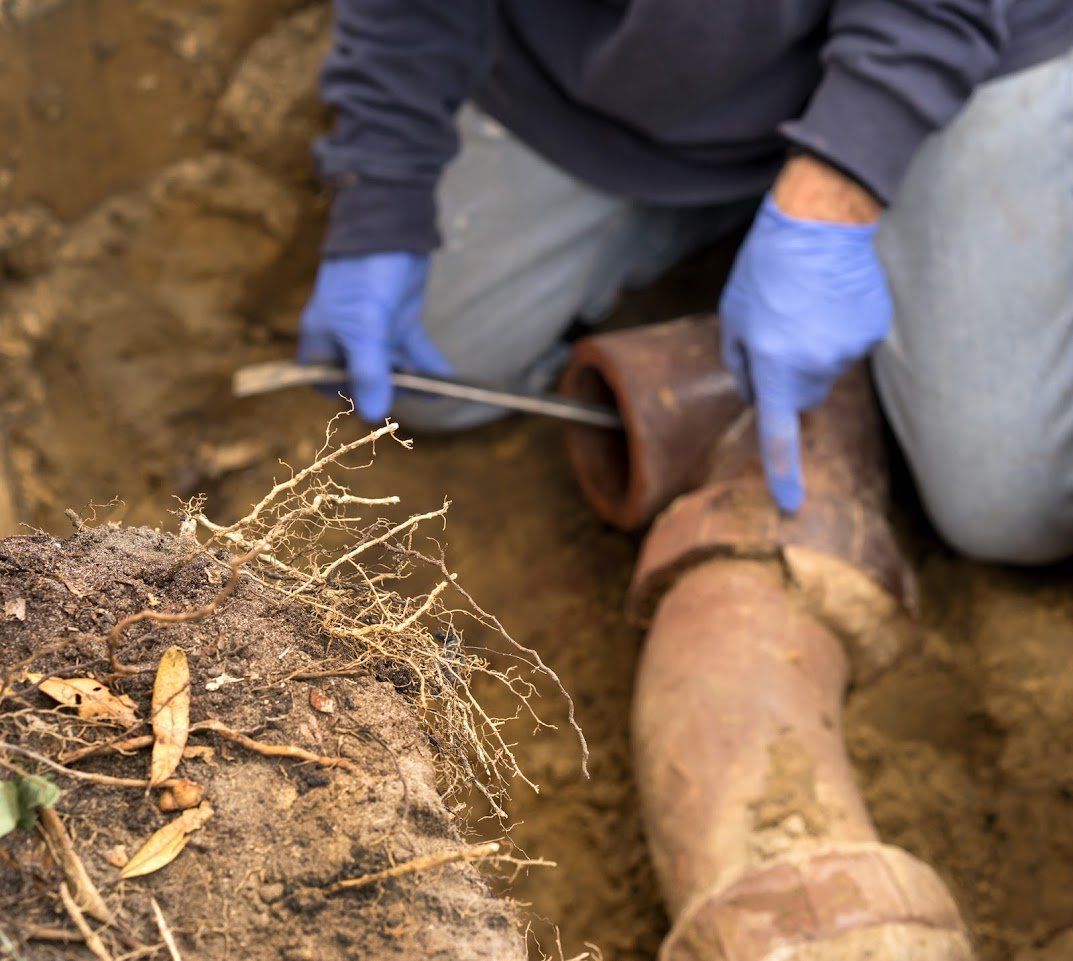Common Septic Tank Problems

A septic tank is undeniably one of the most critical infrastructures in a property. Every time you flush the toilet, do laundry, wash dishes, bathe, or run the sink, the septic system comes into play. The system eliminates wastewater from your home to keep your household running smoothly and provide a safe, healthy, and comfortable environment.
With the septic tank lurking underground, most people barely think of it. However, a septic tank fault or malfunction can create a major crisis in your home. You need to know how to identify even the tiniest septic tank mishaps for a timely fix. Prompt intervention can prevent the problem from escalating and save you money on repair bills and replacements.
But to act quickly, you must know when your septic tank has an issue. Read on to learn some common septic tank problems you may encounter.
Ground Movement
While unnoticeable, the ground around your septic system can shift. And even the slightest movement of the surrounding soil can exert immense pressure on the tank. The pressure can cause physical or mechanical problems to your septic tank, such as cracks or fractures on the walls. If the movements are extreme, they can even crush the septic tank.
Ground movements are, in most cases, unpredictable and unpreventable. But if you notice any change in the soil around your septic tank, contact a professional to mitigate damage.
Damage From Roots
If you have plants or trees near your septic tank, the roots can penetrate the septic system. If the roots compromise tank walls or pipes, the wastewater might escape into the ground. In either situation, your septic tank won't work properly. Also, other problems such as drinking water contamination and odor may arise.
To prevent roots from blocking pipes or infiltrating your septic tank, don't plant trees or shrubs near your system. If the trees are already there, consider getting them removed by a professional. Also, hire a septic tank service provider to inspect your system for any damage from roots.
Bad Odors
A septic tank in good condition should be odor-free. If you notice strong and unpleasant odors in your house, yard, or near the leach field, your septic tank has a problem. Depending on where the odor emanates, these foul smells can result from different factors. These include solid-waste accumulation, overflow, clogged drains, loose septic tank cover, or other plumbing problems.
Also, the smell could emanate from the ineffective breakdown of waste in the septic tank caused by inadequate bacteria. In high concentrations, septic tank gases can be toxic and explosive.
If your home has become uncomfortable due to stinky smells, act fast. Hire an expert to assess your sewer system, identify the problem, and fix the underlying issue.
Excess Water
The septic tank is designed to handle wastewater from your home. However, problems can arise if the wastewater exceeds the tank's capacity. An overloaded septic tank impedes the breakdown of solid waste by bacteria. As a result, the solids can cause clogs in the tank and pipes, causing your septic system to fail.
Excess water in a septic tank can result from stormwater runoff or plumbing leaks. In addition, some water usage habits in your home could lead to septic tank overload. For instance, lengthy showers and daily laundry use a lot of water that flows into the septic tank to cause issues.
If your septic tank is overflowing, you'll need emptying services. Make sure to change water use habits in your home for less water to end up in the septic tank each day.
Septic tanks are susceptible to multiple common problems. In most cases, a qualified professional can easily address these issues. If you need septic system inspection, installation, and repair services, Southern Sanitary Systems, Inc, has you covered.







